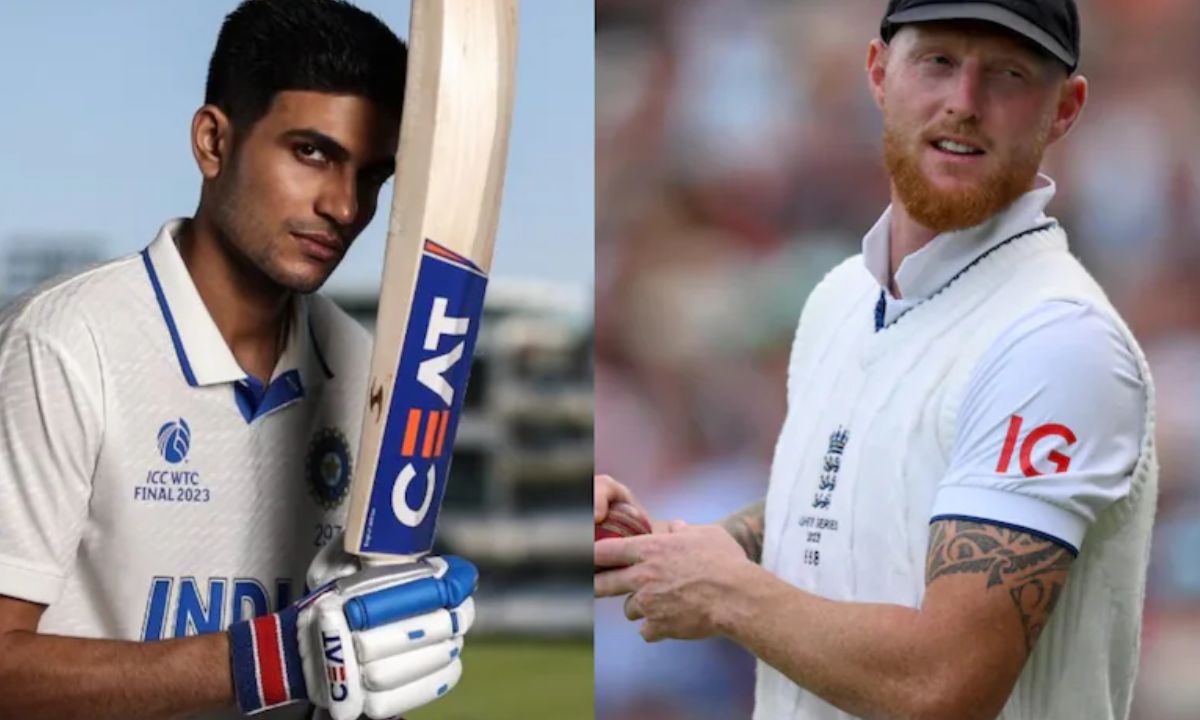When the India national cricket team faces the Bangladesh national cricket team, anticipation runs high across both nations. The match is not just about runs and wickets—it’s about national pride, growing rivalries, and defining moments. The India national cricket team vs Bangladesh national cricket team match scorecard serves as the official record of how the battle played out, from individual brilliance to team dominance.
Understanding the Scorecard
The India national cricket team vs Bangladesh national cricket team match scorecard includes every key metric fans and analysts look for. This includes individual runs, balls faced, boundaries, strike rates, partnerships, bowling figures, extras, fall of wickets, and final match result. It gives an unbiased snapshot of performances and turning points.
Example ODI Match Scorecard
India Batting
Rohit Sharma – 71 (84)
Virat Kohli – 103* (94)
KL Rahul – 42 (52)
India Total – 283/4 in 50 overs
Bangladesh Bowling
Shakib Al Hasan – 10-0-49-1
Taskin Ahmed – 9-0-60-2
Mustafizur Rahman – 10-0-58-1
Bangladesh Batting
Litton Das – 36 (48)
Shakib Al Hasan – 74 (81)
Mushfiqur Rahim – 41 (50)
Bangladesh Total – 247/8 in 50 overs
Result: India won by 36 runs
This India national cricket team vs Bangladesh national cricket team match scorecard highlights India’s disciplined batting and tight bowling toward the end of the innings. Kohli’s unbeaten century and Shakib’s all-round effort stood out.
What the Scorecard Reveals
Beyond raw numbers, the India national cricket team vs Bangladesh national cricket team match scorecard uncovers deeper insights. You can tell if India built momentum in the middle overs or if Bangladesh lost quick wickets during a key phase. Scorecards highlight who absorbed pressure and who cracked under it. A collapse, a recovery, or a clutch bowling spell—all become clear in a few well-arranged lines.
Consistent Performers
India often counts on Kohli, Rohit, Bumrah, and Jadeja to deliver in high-stakes matches. Bangladesh turns to Shakib, Mushfiqur, Taskin, and Mehidy for game-defining contributions. These players repeatedly influence the India national cricket team vs Bangladesh national cricket team match scorecard, setting benchmarks with both bat and ball.
Variations by Format
A T20 scorecard emphasizes strike rates and boundary frequency. ODIs focus more on pacing the innings and how bowlers control the middle overs. Test match scorecards tell long-form stories about sessions, partnerships, and sustained pressure. Regardless of format, the India national cricket team vs Bangladesh national cricket team match scorecard adjusts to highlight the moments that define each match.
How Scorecards Help Analysts and Fans
Analysts examine the scorecard to see where India succeeded or where Bangladesh slipped. Fans use it to revisit iconic innings, amazing comebacks, and dropped opportunities. Teams study past India national cricket team vs Bangladesh national cricket team match scorecards to prepare for future encounters, identify weaknesses, and replicate successful tactics.
Historic Clashes Remembered Through Scorecards
Bangladesh’s victory over India in the 2007 World Cup remains etched in memory, not just because of the upset, but because the scorecard captures every detail—how India collapsed, how young Bangladesh stars shone. Similarly, India’s dominant chases or narrow escapes are all preserved in match scorecards that fans refer back to for years.
Conclusion
The India national cricket team vs Bangladesh national cricket team match scorecard is far more than a post-match formality. It captures the rhythm, strategy, and tension of one of Asia’s most compelling cricket rivalries. Whether you’re a casual follower or a stats nerd, the scorecard offers an honest, complete picture of how the game unfolded. With each encounter, the legacy continues to grow—and every scorecard keeps that story alive.


